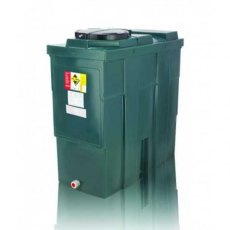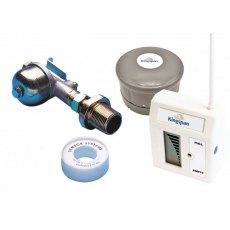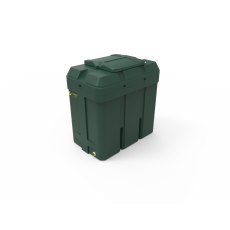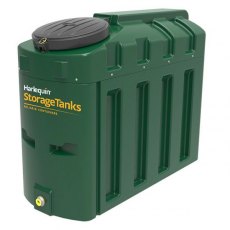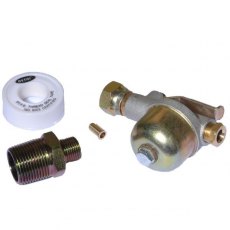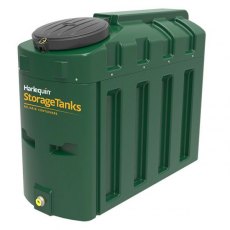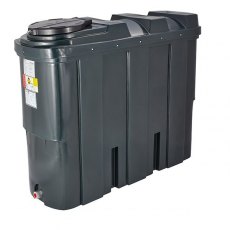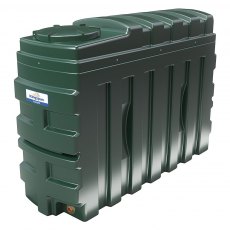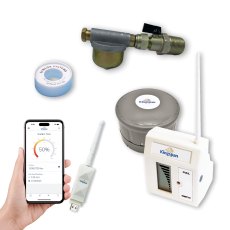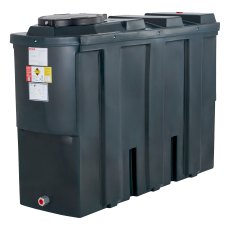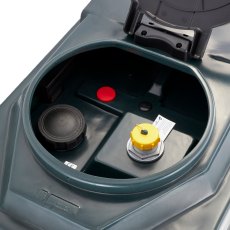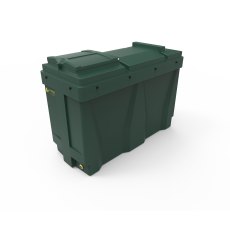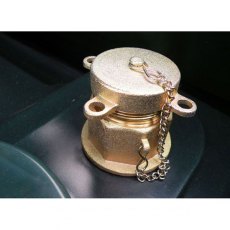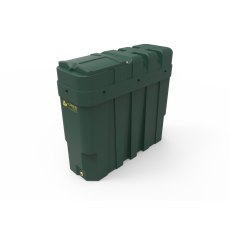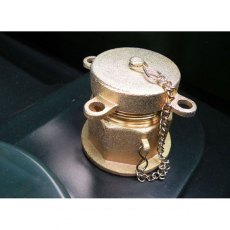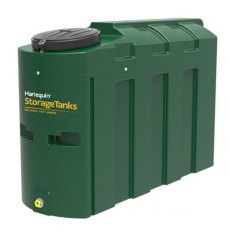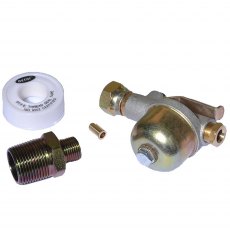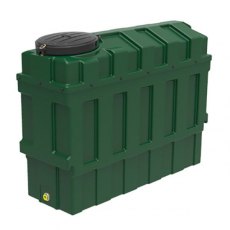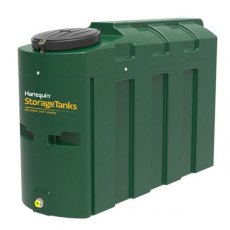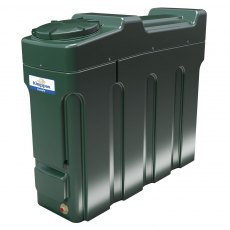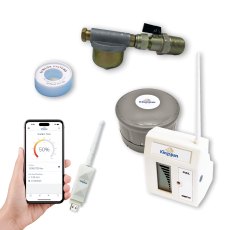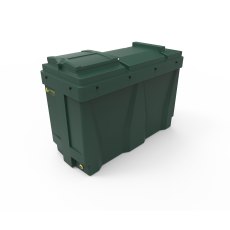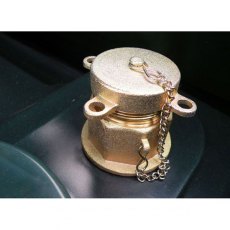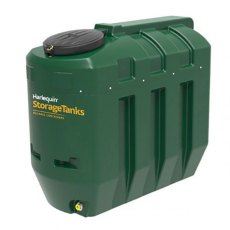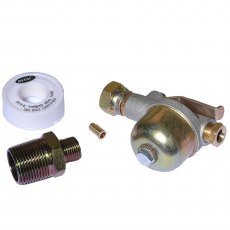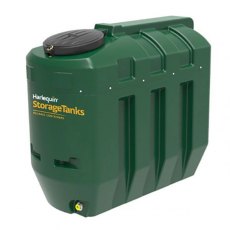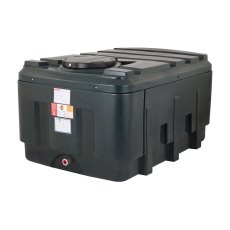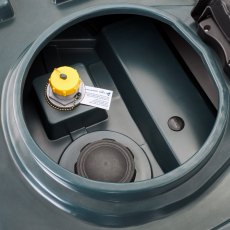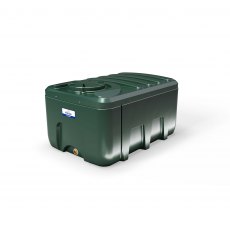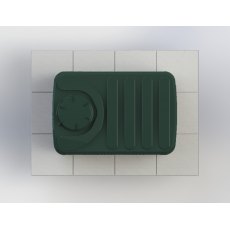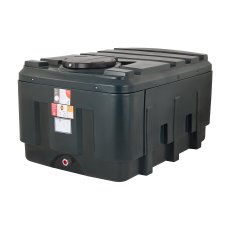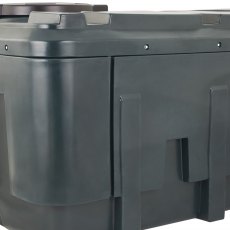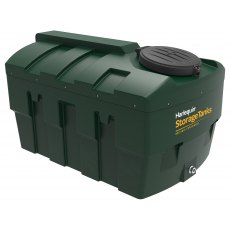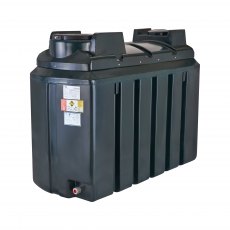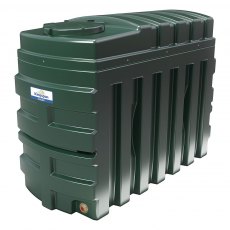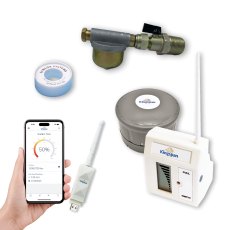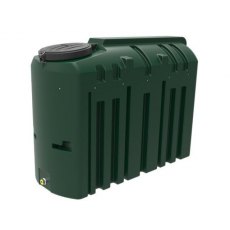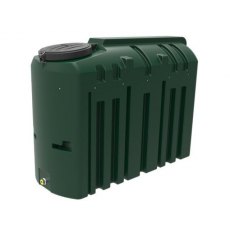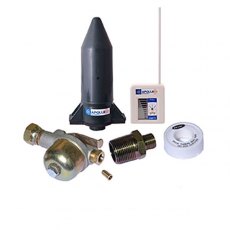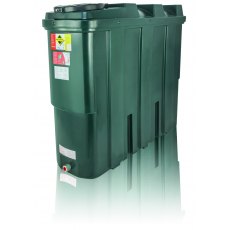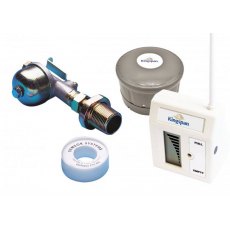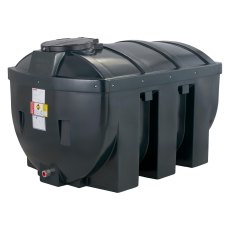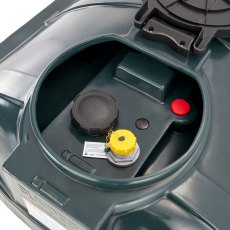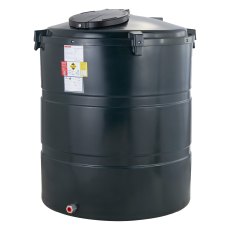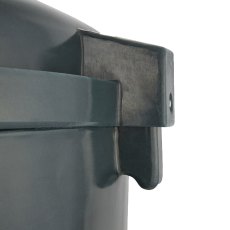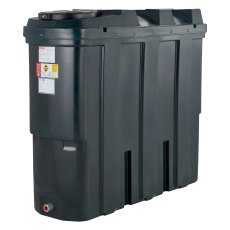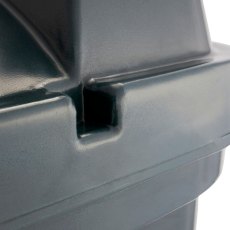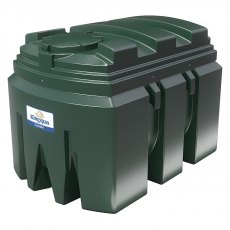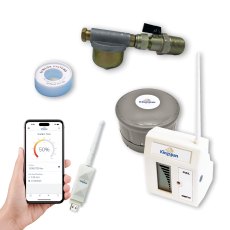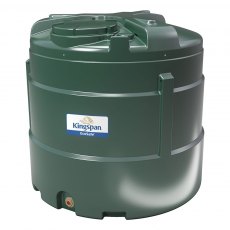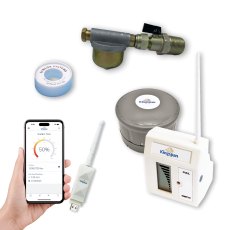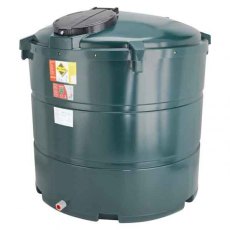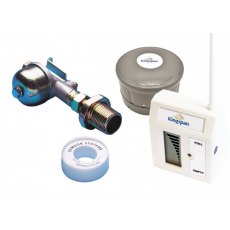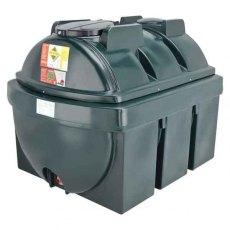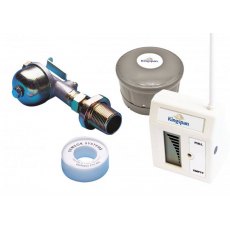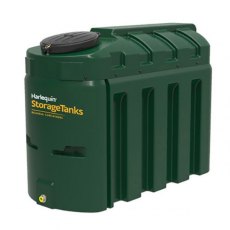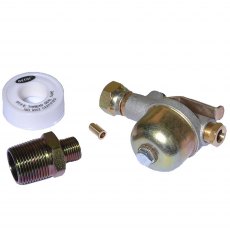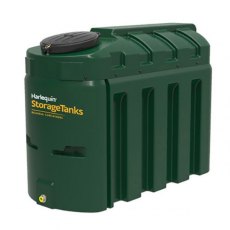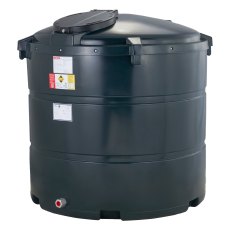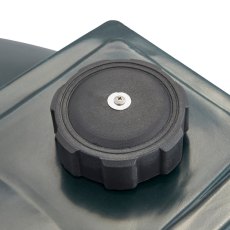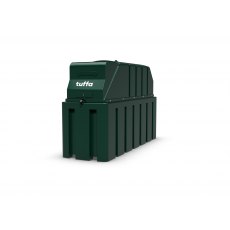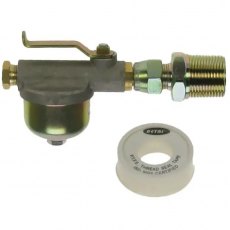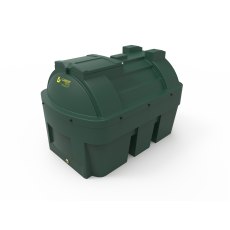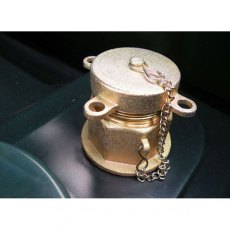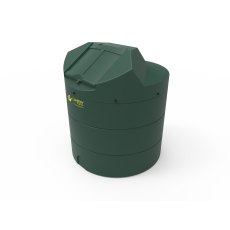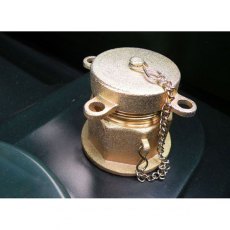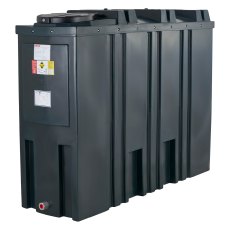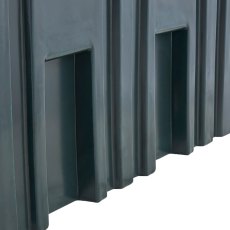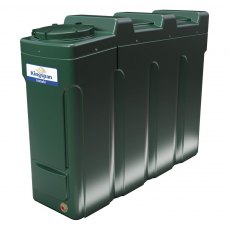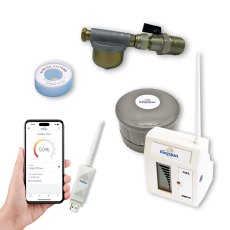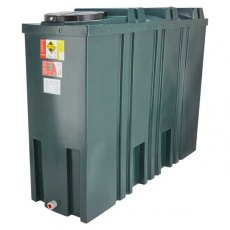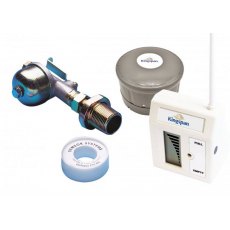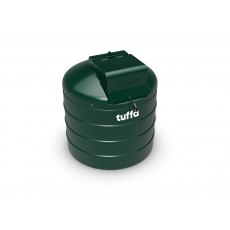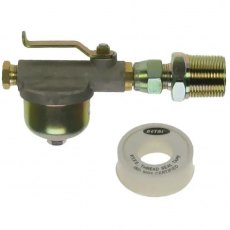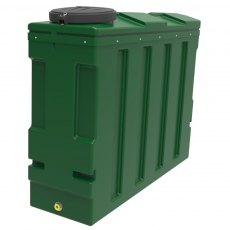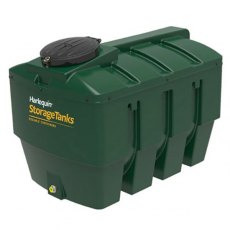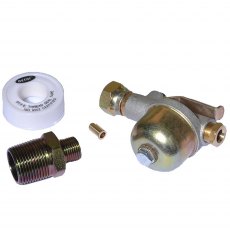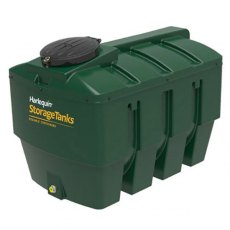PLASTIC Bunded Oil Tanks FAQs
How much does it typically cost to install a fuel tank?
Installation costs for domestic oil tanks vary widely, depending on multiple technical and logistical considerations. For a standard bunded oil storage tank, homeowners might expect installation costs ranging from £500 to £2,500. This price range encompasses tank supply, professional installation, necessary groundwork, and compliance with current safety regulations. Key cost determinants include tank size, material, location complexity, and specific site requirements. Underground installations typically command higher prices due to excavation and additional safety measures. Above-ground single skin domestic oil tanks generally offer more economical installation options, with costs potentially starting from £350-£1,500 depending on specific configurations and accessibility.
Professional installation is strongly recommended to ensure compliance with UK building regulations and safety standards. Certified installers will assess ground conditions, provide appropriate base construction, ensure correct positioning, and implement necessary safety features like overflow protection and secure bunding. While DIY might seem cost-effective, improper installation can lead to significant long-term expenses and potential environmental hazards. Additional cost factors include site accessibility, potential groundwork requirements, and any necessary modifications to existing infrastructure. Rural or challenging locations might incur additional transportation and installation expenses. Homeowners should obtain multiple quotes, ensuring each includes a comprehensive breakdown of materials, labour, and potential additional costs to avoid unexpected financial surprises.
*updated March 25
How long does 500 litres of oil typically last in the winter?
Winter oil consumption varies significantly based on home size, insulation quality, heating system efficiency, and local climate conditions. For an average three-bedroom home with moderate insulation in the UK, 500 litres of heating oil might last approximately 4-6 weeks during peak winter months. Homes with older heating systems or poor insulation could deplete this volume more rapidly, potentially within 3-4 weeks.
The age and efficiency of your boiler, home's thermal envelope, number of occupants, and typical thermostat settings all influence oil consumption. Modern condensing boilers with high efficiency ratings can extract more heat per litre of oil, potentially extending your fuel supply. Older systems might consume fuel more quickly and less effectively. Improving home insulation, using programmable thermostats, sealing drafts, and maintaining your heating system can significantly reduce oil usage. Strategic temperature management (lowering settings when the house is unoccupied or during sleeping hours) can yield substantial savings without compromising comfort.
Unusually cold spells or extended periods of low temperatures can dramatically increase heating requirements. Homeowners are advised to monitor oil levels closely during winter, consider pre-emptive top-ups, and maintain a buffer stock to prevent unexpected fuel shortages during critical periods.
How long do oil tanks last?
The lifespan of a domestic oil tank depends on several critical factors, including material quality, installation environment, and maintenance practices. Typically, a well-maintained bunded oil storage tank can last between 15-20 years, while single-skin tanks might have a shorter operational life of 10-15 years. External factors such as soil conditions, exposure to harsh weather, and potential chemical interactions can significantly impact tank durability.
Regular professional inspections are crucial to extending tank life. These assessments help identify early signs of corrosion, structural weakening, or potential leak risks. Homeowners should look for warning signs like rust patches, paint bubbling, dents, or slight deformations in the tank's structure. Annual maintenance checks and proactive replacement of worn components can dramatically increase the operational lifespan of your domestic oil storage system.
Single skin domestic oil tanks constructed from high-quality polyethylene or steel with protective coatings tend to offer superior resistance to environmental degradation. Bunded tanks provide an additional layer of protection with their double-wall design, which not only extends tank life but also offers enhanced environmental safety by containing potential leaks.
Tanks installed in sheltered locations, away from direct ground moisture and extreme temperature fluctuations, typically experience less structural stress. Proper drainage, elevation, and protection from physical impacts can help maintain tank integrity and extend its serviceable life well beyond average expectations.
Can you screen an oil tank?
Although Oil tanks are not the most attractive things to have in your garden, we always recommend seeking the advice of your local OFTEC registered liquid fuel tank installer as to the best place to position and how to screen your tank, if needed. The regulations for oil tank installation vary according to which region of the UK or Ireland you live in and there are also other environmental factors that need to be taken into account. For more information, please check out - OFTEC
Some ways customers have screened their tanks are below, however please check with your local OFTEC installer first.
Walls
One of the most common ways to hide an oil tank is to build a false wall around it. Whether you use bricks, stone or fencing, make sure you leave space to get in and around the tank for maintenance and replacement.
Landscaping
Probably the most effective and aesthetic ways to hide an oil tank is to surround it with shrubs, trees, or potted plants that can help to camouflage the tank from view. Make sure you the plants are properly maintained, as they can become a fire hazard if not cared for properly.
Whatever option you choose, your tank will be out of sight – but it should not remain out of mind! Remember to keep on top of oil levels and have your tank regularly inspected by a qualified engineer to prevent any potential problems.
Do you need planning permission to install a fuel tank?
Planning permission requirements for domestic oil tank installations depend on specific circumstances, property characteristics, and local authority regulations. In many cases, installing a bunded oil storage tank or single skin domestic oil tank falls under permitted development rights, potentially exempting homeowners from formal planning applications. Typical scenarios not requiring planning permission include replacing an existing tank in the same location, installing a tank within the curtilage of a domestic property, and maintaining similar dimensions to the previous installation. However, specific conditions apply, such as the tank's proximity to property boundaries, its visual impact, and the property's classification (listed building, conservation area etc.). Exceptions necessitating planning permission include installations in Areas of Outstanding Natural Beauty, National Parks, conservation areas, or for listed buildings. Tanks exceeding certain size thresholds or positioned prominently might also require formal approval. Additionally, properties with specific restrictive covenants or located in areas with additional planning constraints could face more stringent requirements. To definitively determine planning permission needs, homeowners should consult their local planning authority directly. Many councils offer pre-application advice services to clarify specific requirements. Professional tank installers can also provide guidance based on local regulations and help navigate potential planning complexities, ensuring a smooth and compliant installation process.
Do I need a bunded tank, and how do I know?
All non-domestic oil storage tanks over 200 litres need to be bunded.
For domestic premises you need to carry out an oil storage risk assessment (this can be obtained from OFTEC - form TI/133D). In brief a Bund is required in domestic situations if...
-
- You are storing over 2500 litres.
- Your tank is near an open drain or loose fitting manhole.
- Your tank is within 10m of controlled water such as a river, stream etc.
- Your tank is located where any spillage could travel over hard ground to reach controlled water.
- Your tank is located within 50m of a borehole, spring or well.
- Your tank vent is not visible from the fill point. (Such as an extended fill point)
- Your oil use is for a building other than a single family dwelling.
- Any other unique hazards to your site
What is a Single Skin Tank?
A Single Skin Oil Tank consists of a single container in which fuel is stored. Unlike Bunded Oil Tanks and Bunded Fuel Tanks, Single Skin Oil Tanks incorporate no secondary containment whatsoever and in the event of a spill, a pollution incident will occur.
Single Skin Oil Tanks are not suitable for the storage of fuel at commercial, industrial or institutional premises; or at domestic installations with an installed capacity of over 2,500 litres - unless installed within a suitably bunded area. For all other installations, an Oil Tank Risk Assessment must be undertaken by a competent person prior to installation and in accordance with the requirements of OFTEC Technical Instruction Book 3.
In anticipation of future possible regulations, serious consideration should be given to fitting a Bunded Tank, even where a single skin tank may currently suffice.
What is a Bunded Tank?
A Bunded Oil Tank is simply a tank within a tank. The fuel is stored in the inner tank and the outer tank acts as a failsafe so that in the event of a spillage, excess fuel will collect in the bund. They are a requirement at commercial, industrial and institutional premises. In some circumstances in domestic situations it is still possible to use a single skin tank (see below).
How close to a boundary can I place an oil storage tank?
If the oil tank has a nominal capacity of less than 3,500 litres, it should not be placed any closer than 760mm to a boundary. This assumes that there are no flue outlets or buildings between the tank and the boundary. Where these distances cannot be achieved, the protection measures noted in OFTEC Technical Instruction Book 3 and British Standard BS5410 must be provided by means of a 30-minute fire resistant wall which extends a minimum of 300mm above and beyond the ends of the oil tank. For oil tanks with a nominal capacity of 3,500 litres or greater please contact your local Building Control Officer or OFTEC.
How close to a flue outlet can I place an oil tank?
Oil tanks with a nominal capacity of less than 3,500 litres should not be placed within 1.8 metres of a flue outlet. Where these distances cannot be achieved, the protection measures noted in OFTEC Technical Instruction Book 3 and British Standard BS5410 must be provided by means of a 30-minute fire resistant wall which extends a minimum of 300mm above and beyond the ends of the tank. For oil tanks with a nominal capacity of 3,500 litres or greater please contact your local Building Control Officer or OFTEC.
How close to a building can I place an oil tank?
Oil tanks with a nominal capacity not exceeding 3,500 litres should not be fitted any closer than 1.8 metres to a non fire-rated (30-minute minimum fire resistance) wall or eaves. Where these clearances cannot be achieved, the measures noted in British Standard BS5410 and OFTEC Technical Instruction Book 3 must be provided i.e. the provision of a 30 minutes (minimum) fire resistant wall which extends at least 300mm above and beyond the ends of the oil tank. It will be necessary to protect exposed eaves forming part of a roof within 1.8 metres of the top of an oil tank to provide a minimum of 30 minutes fire resistance. Cladding can be applied to the eaves in order to prevent fire from spreading to the roof. For oil tanks with a capacity of 3,500 litres or greater, please contact your local Building Control Officer or OFTEC.
Can I place an oil tank inside a domestic garage or building?
Internal oil storage tanks should never be installed in a habitable area and if installed internally, should always be contained within an enclosed chamber. Detailed requirements exist for internal oil storage installations. For more information contact your local Building Control Officer or OFTEC.
From what materials are plastic oil tanks manufactured?
All oil tanks supplied by Fuel Tank Shop are manufactured from Medium Density Polyethylene (MDPE) - a material that displays excellent chemical and impact resistance properties, making it ideal for external fuel storage. Fittings vary according to tank type and supplier. However, in general, fill points are made from either coated mild or stainless steel, outlets from coated mild steel, and vent points are manufactured from plastic. All materials used in the manufacture of oil tanks supplied by Fuel Tank Shop are resistant to the potentially damaging long-term effects of fuel.
What are the base requirements for plastic oil tanks?
All oil tanks must be installed on a flat, level and fire resistant base capable of supporting the weight of the tank when fully laden. If concrete slabs are used they should be a minimum of 50mm thick. The base should extend at least 300mm beyond the widest points of the tank and fully support the base of the tank in its entirety. Piers or pillars are not suitable for this purpose and can cause irreparable damage to the tank.
Are plastic oil tanks designed to protect from the damaging effects of sunlight?
Yes. Every tank sold by Tanks.ie is manufactured from a material which incorporated UV inhibitors. These prevent UV rays from permeating the structure of the tank, thus preventing fuel degradation.
Are plastic oil tanks suitable for the storage of fuel for aviation use?
No.
Are plastic oil tanks fitted with sludge-valves / ball-cocks?
No. Openings (other than the tank outlet) are not permitted below the maximum level of fuel in the tank. This reduces the risk of accidental spillage. In the event that contaminants (e.g. water) need to be removed from the tank, they should be removed by an appropriately licensed contractor via the inspection aperture fitted to each tank.
I have discovered the presence of water in my oil. How do I get this removed?
Here at Fuel Tank Shop we offer a range of water soakers which can help remove water from your oil tank, however if these do not suit then, please contact your local fuel distributor who will be able to provide advice on how best to remove it.
Are plastic oil tanks suitable for use with oil fired cookers?
Yes.
On warm days there is a slight smell of oil from my oil tank. Why?
This is perfectly normal and is simply the fuel venting through the weatherproof vent fitted to the oil tank.
Are plastic Oil Recycling Banks / Waste Oil Tanks suitable for the disposal of petrol or any other highly flammable liquid?
No. For advice on how to dispose of petrol and any other similarly dangerous liquids, please contact your local authority.
Do you supply dip-sticks?
No - not as separate items. However, dipsticks are supplied as standard on all Harlequin tanks with a capacity between 650 litres and 2700 litres as standard.
Are Single Skin Oil Tanks or standard Bunded Tanks suitable for storing 'Adblue'?
No.

 Login
Login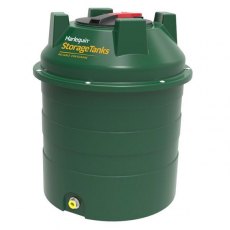
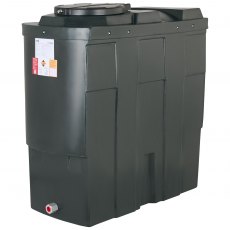


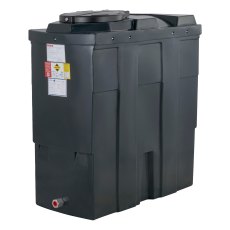
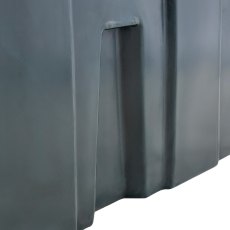
.png)
